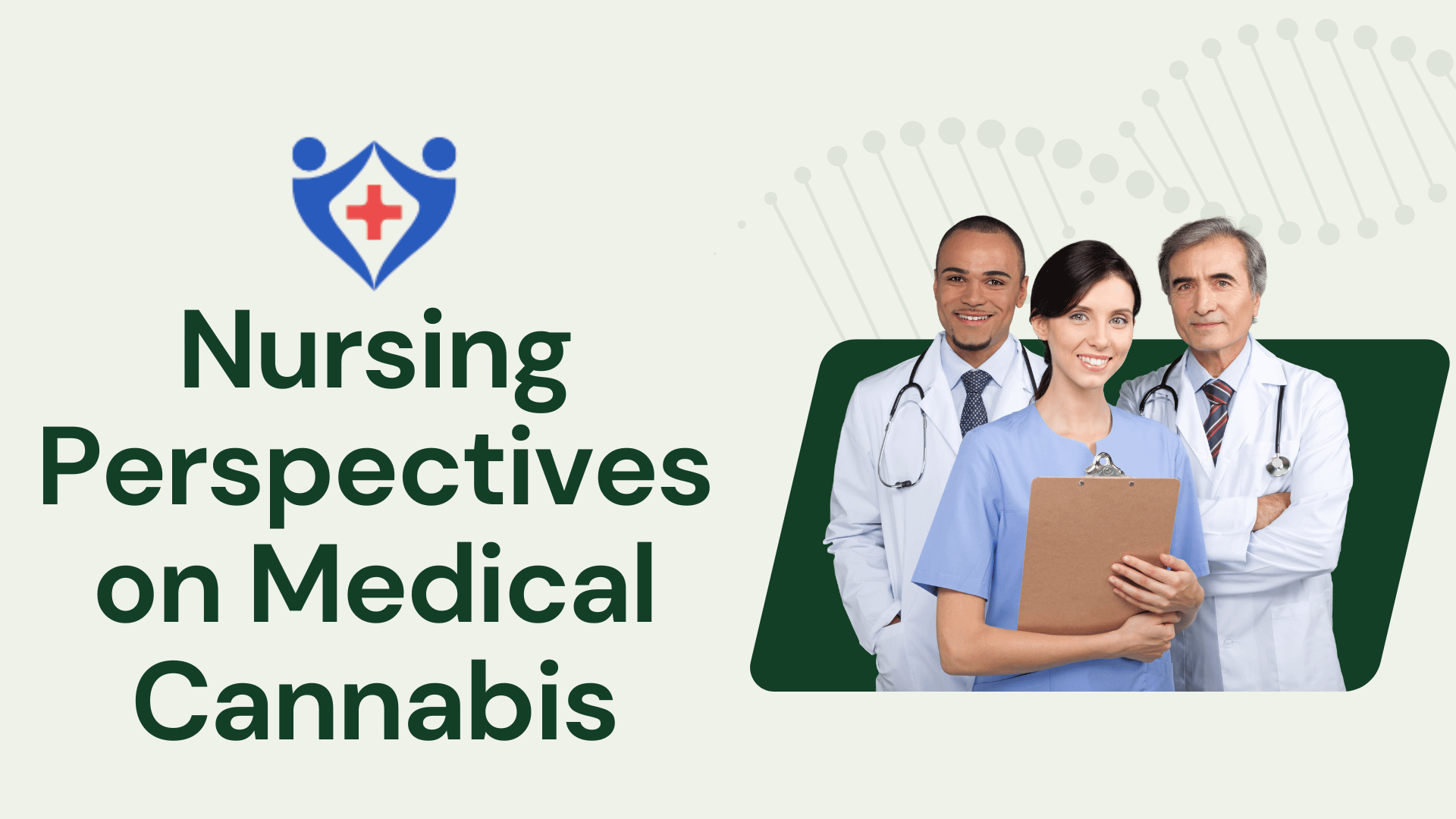In recent years, the landscape surrounding medical cannabis has evolved significantly, with an increasing number of patients seeking alternative therapies for various health conditions. Among those at the forefront of this shift are nurses, who play a crucial role in educating patients about the use and administration of medical cannabis. In this comprehensive guide, we delve into the nursing perspectives on medical cannabis, focusing particularly on education and administration.
Understanding Medical Cannabis:
Before delving into nursing perspectives, it’s essential to establish a foundational understanding of medical cannabis. Medical cannabis refers to the use of the cannabis plant or its extracts for therapeutic purposes. The plant contains numerous compounds, most notably tetrahydrocannabinol (THC) and cannabidiol (CBD), which exert various effects on the body’s endocannabinoid system.
Table: Common Administration Routes for Medical Cannabis
| Administration Route | Description |
|---|---|
| Inhalation | Inhalation involves the use of vaporized cannabis products, which are absorbed through the lungs for rapid onset of effects. |
| Oral Ingestion | Oral ingestion typically involves the consumption of cannabis-infused edibles or capsules, which are metabolized in the digestive system for prolonged effects. |
| Topical Application | Topical application involves the use of cannabis-infused creams, lotions, or patches, which are applied directly to the skin for localized relief of pain and inflammation. |
| Sublingual | Sublingual administration involves placing cannabis tinctures or oils under the tongue, where they are rapidly absorbed into the bloodstream for quick onset of effects. |
The Role of Nurses in Medical Cannabis Education:
Nursing Expertise and Patient Education:
Nurses, with their extensive knowledge of pharmacology and patient care, are well-positioned to provide comprehensive education on medical cannabis. They play a vital role in assessing patients’ needs, discussing treatment options, and ensuring informed decision-making.
Addressing Stigma and Misconceptions:
One of the significant challenges in medical cannabis education is the presence of stigma and misconceptions. Nurses are instrumental in dispelling myths, providing evidence-based information, and fostering open dialogue with patients and healthcare providers.
Tailoring Education to Individual Needs:
Every patient’s experience with medical cannabis is unique, necessitating personalized education and support. Nurses assess factors such as medical history, current medications, and treatment goals to tailor education to each patient’s specific needs.
Administration of Medical Cannabis:
Dosage and Administration Routes:
Nurses play a crucial role in guiding patients on proper dosage and administration routes for medical cannabis. This includes discussing methods such as inhalation, oral ingestion, topical application, and sublingual administration, as well as determining optimal dosages based on individual factors.
Monitoring and Evaluation:
Throughout the course of medical cannabis treatment, nurses monitor patients for efficacy, adverse effects, and potential drug interactions. They collaborate closely with other healthcare professionals to adjust treatment plans as needed and ensure optimal patient outcomes.
Patient Safety and Compliance:
Ensuring patient safety and compliance is paramount in medical cannabis administration. Nurses educate patients on responsible use, storage, and disposal of cannabis products, as well as potential risks associated with driving or operating machinery while under the influence.
Navigating Legal and Ethical Considerations:
Nurse’s Legal Obligations:
Nurses must navigate complex legal and ethical considerations when discussing medical cannabis with patients. They must adhere to state and federal regulations, maintain patient confidentiality, and uphold ethical principles of beneficence and nonmaleficence.
Collaboration with Healthcare Team:
Collaboration with other members of the healthcare team is essential in providing comprehensive care to patients using medical cannabis. Nurses communicate effectively with physicians, pharmacists, and other stakeholders to ensure coordinated care and adherence to best practices.
Conclusion:
In conclusion, nurses play a pivotal role in educating patients about medical cannabis and ensuring safe and effective administration. By addressing stigma, providing personalized education, and navigating legal and ethical considerations, nurses empower patients to make informed decisions about their healthcare. As the landscape of medical cannabis continues to evolve, nurses remain at the forefront of advocating for patient-centered care and promoting positive health outcomes.


